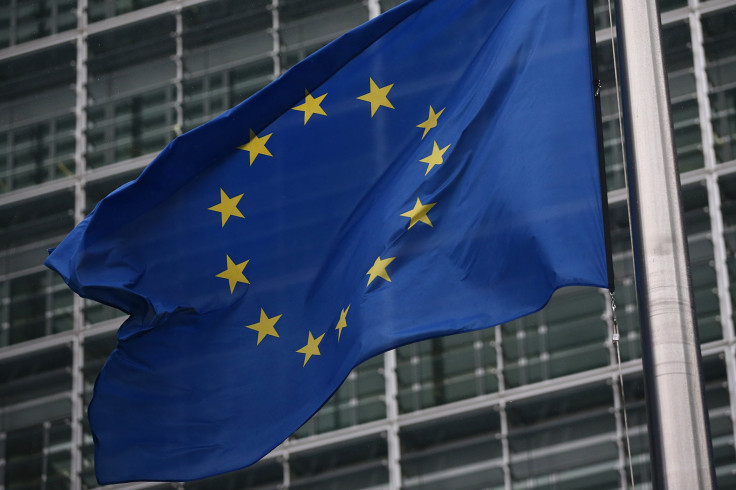Davos 2016: European Leaders Bat For A United EU To Weather Global Storms

In an hour-long debate on the future of Europe, a panel of European leaders at the ongoing World Economic Forum summit in Davos reiterated the need to remain united in the face of increasing global threats. The remarks, echoed by leaders from Germany, Greece, France and the Netherlands, were made in response to questions regarding the fate of the United Kingdom in the 28-nation European Union.
“What we need is more of Europe rather than less. … We need to move away from selfishness,” France’s Prime Minister Maunel Valls said, during the debate. “Just like it would have been a mortal, historic error for the EU to let Greece leave the bloc, it would be a huge mistake to let the U.K. leave.”
The remarks come in the context of growing unease in the bloc over the possibility of a “Brexit” — the U.K. leaving the EU. The so-called Euroskeptics in the U.K. argue that the EU is holding back the British economy by imposing too many rules on businesses and by charging billions of pounds a year in membership fees. They have also raised objections over the Schengen Agreement, which allows free movement within the EU, and urged the British government to take control of the country’s borders.
In response, the David Cameron-led government has promised to hold a nationwide referendum, latest by the end of 2017, on whether the country should stay in the EU or leave.
“We need the U.K. to stay in the EU. The U.K. is outward looking and growth oriented. We don’t have enough of that in the EU,” Dutch Prime Minister Mark Rutte, considered the U.K.’s biggest ally in its talks with the EU, said, adding that he was “fairly optimistic” of a deal being secured next month.
“It’s strange to even debate a Brexit when the world is facing such huge challenges,” he added, referring to the huge influx of refugees in Europe from strife-torn regions in Africa and the Middle East.
Over the past year, more than a million asylum-seekers have entered Europe, straining the bloc’s capacity to register and resettle refugees, and threatening the EU’s Schengen free-movement agreement. Addressing the issue during the debate, German Finance Minister Wolfgang Schaeuble acknowledged that the influx was “too high.”
“We simply have to make sure that everyone does what they can [to address the refugee crisis]. All European partners should intervene in conflict-hit regions [in the Middle East and Africa] to ensure that the pressure on the EU is reduced,” Schaeuble, whose government is facing pressure — both at home and from abroad — to discard its open door policy toward refugees, said.
“We need to invest billions in the countries and regions from which the refugees come,” he said, adding that the EU should not become a “closed fortress.”
© Copyright IBTimes 2025. All rights reserved.






















